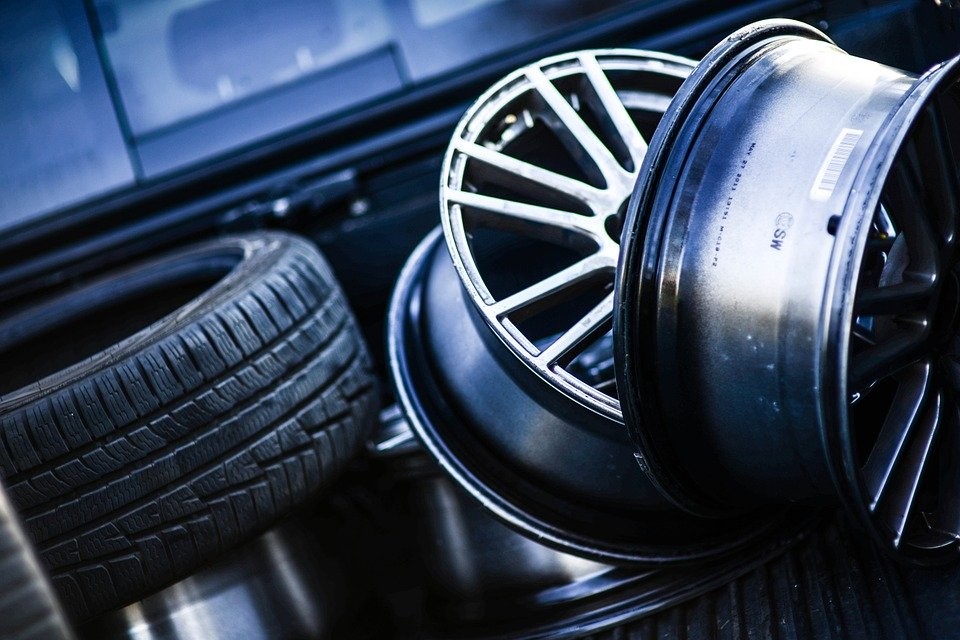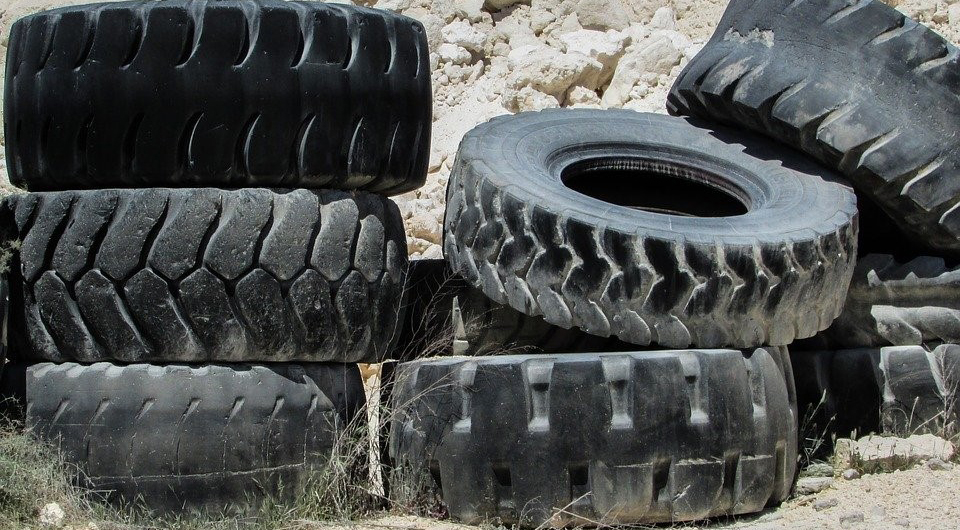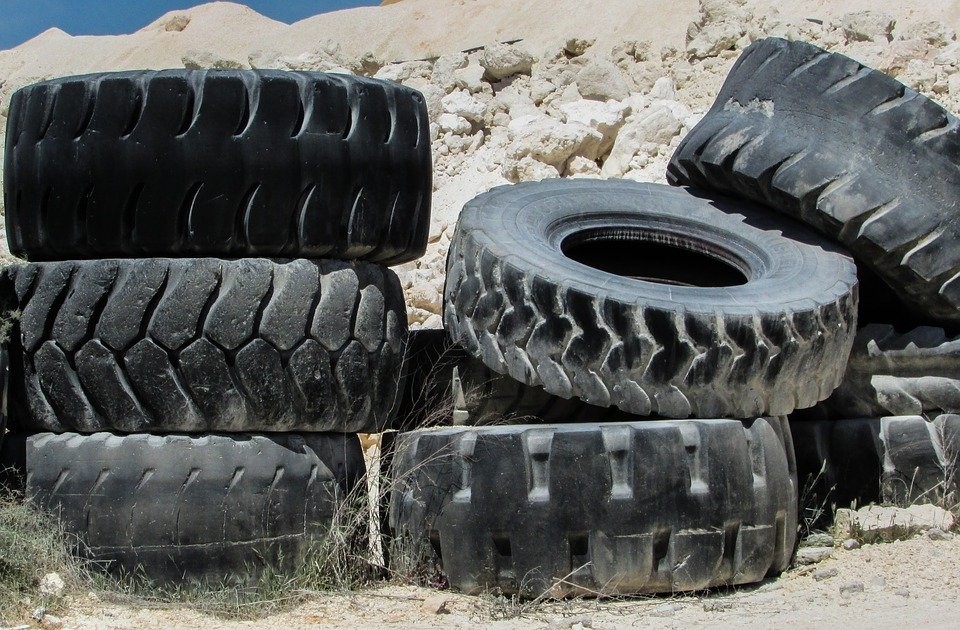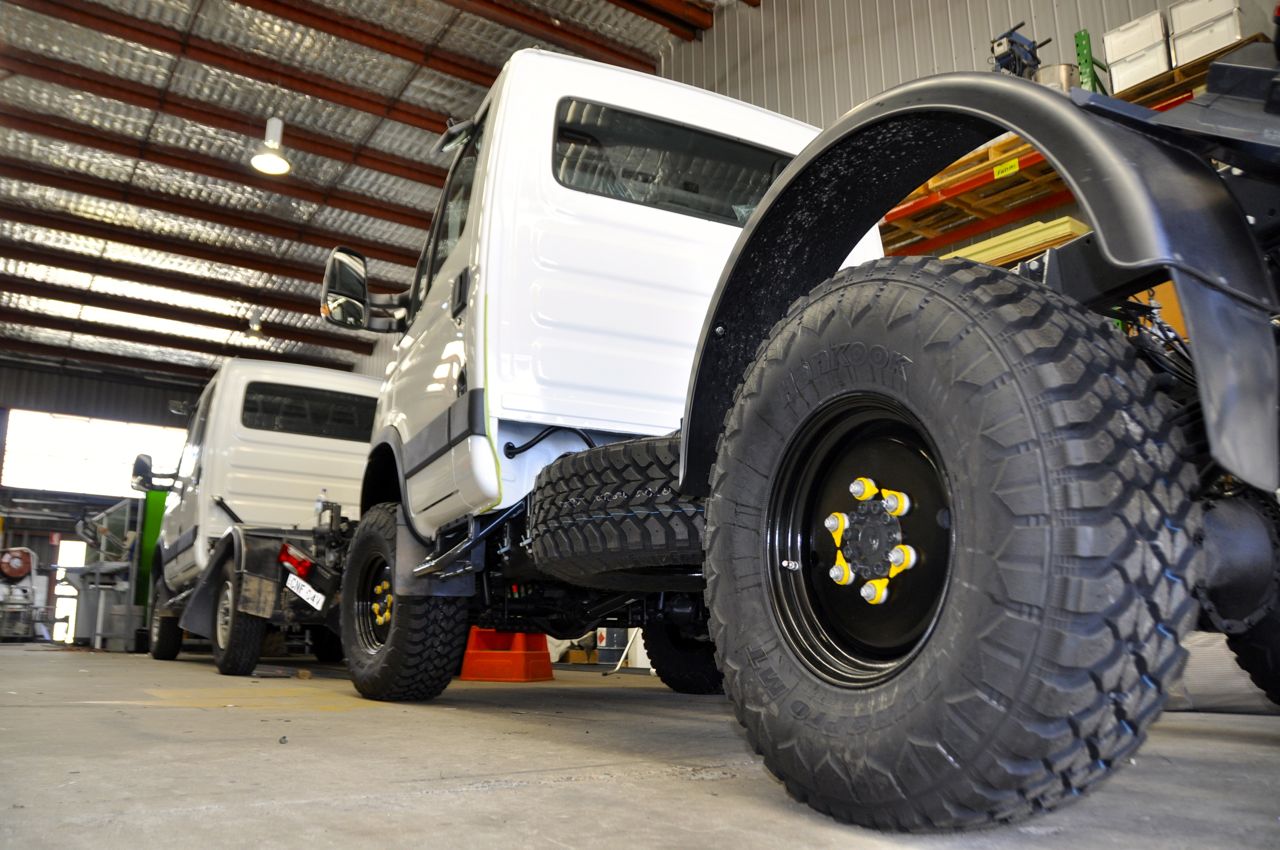
At a glance:
- Aluminium wheels offer lightweight construction, enhanced fuel efficiency, improved handling, and a wide range of design options, making them an excellent choice for those seeking performance and customisation.
- Steel wheels’ durability, affordability, and winter compatibility make them a reliable option for heavy-duty applications, harsh road conditions, and budget-conscious consumers.
- Factors such as vehicle type, budget, climate, and personal preferences should be considered when choosing between aluminium and steel wheels to ensure the best match for your specific needs and priorities
When it comes to choosing the right wheels for your vehicle, you may find yourself choosing between aluminium wheels and steel wheels. Each type has its own unique characteristics and advantages, making the decision-making process a bit challenging.
In this comprehensive guide, we will provide a detailed breakdown of aluminium and steel wheels, exploring their definitions, advantages, and factors that should be considered to help you make an informed decision.
Aluminium Wheels
Definition of Aluminium Wheels
Aluminium wheels, also known as alloy wheels, are manufactured using a combination of aluminium and other metals such as magnesium or nickel. This composition creates a wheel that is lightweight, strong, and durable. The production process involves casting or forging the alloy, followed by precision machining to achieve the desired design and finish.
Advantages of Aluminium Wheels
Weight Reduction
One of the key advantages of aluminium wheels is their significantly lower weight compared to steel wheels. The use of lightweight materials in their construction reduces the unsprung weight of the vehicle, which refers to the weight that is not supported by the suspension system. By reducing unsprung weight, aluminium wheels improve acceleration, braking, and overall handling performance. Lighter wheels also contribute to reduced wear and tear on suspension components.
Aesthetics
Aluminium wheels offer greater design flexibility compared to steel wheels. They can be crafted into various intricate designs, finishes, and spoke patterns, allowing for a wide range of styles to suit different vehicle aesthetics and personal preferences. The ability to customise the appearance of aluminium wheels adds a touch of personalisation and enhances the overall visual appeal of your vehicle.
Heat Dissipation
Aluminium is an excellent conductor of heat. This property allows aluminium wheels to dissipate heat more efficiently than steel wheels. During braking, friction between the brake pads and rotors generates heat. Aluminium wheels effectively absorb and dissipate this heat, reducing the risk of brake fade. Brake fade occurs when excessive heat build-up leads to a decrease in braking performance. By maintaining optimal brake performance, aluminium wheels enhance safety and reliability.
Corrosion Resistance
Aluminium wheels are inherently resistant to corrosion. Unlike steel wheels, which can rust over time, aluminium wheels form a natural oxide layer that protects against environmental elements such as moisture, road salt, and chemicals. This corrosion resistance ensures the longevity and durability of aluminium wheels, even when exposed to harsh conditions. Regular cleaning and maintenance can further enhance their resistance to corrosion.
Improved Handling
The lighter weight of aluminium wheels contributes to improved handling and manoeuvrability. Reduced rotational mass enhances steering response, allowing for quicker and more precise turns. The improved agility and responsiveness of the vehicle provide a more engaging driving experience. Additionally, the lighter weight of aluminium wheels reduces the strain on suspension components, resulting in smoother rides and reduced vibrations.
Steel Wheels
Definition of Steel Wheels
Steel wheels are made primarily from steel, an alloy consisting mainly of iron with a small percentage of carbon. They are manufactured through a process called steel stamping, where flat steel sheets are pressed into the desired wheel shape and then welded together to form a wheel rim.
Advantages of Steel Wheels
Durability
Steel wheels are renowned for their exceptional durability and resistance to impact. They are more resistant to bending or cracking than aluminium wheels, making them suitable for heavy-duty applications and rough terrains. This durability makes steel wheels a popular choice for off-road enthusiasts and commercial vehicles that endure challenging driving conditions.
Affordability
If budget is a significant factor in your wheel selection, steel wheels are generally more cost-effective than aluminium wheels. The manufacturing process for steel wheels is simpler and requires fewer resources, resulting in a lower price point. Steel wheels offer a practical and budget-friendly option without compromising on basic performance and reliability.
Winter Compatibility
Steel wheels are particularly popular in regions with harsh winters. Their sturdy construction and resistance to damage make them suitable for mounting winter tyres. They can withstand the challenges of icy roads, snow, and the corrosive effects of road salt. Many drivers choose steel wheels for their winter setups due to their durability and ease of maintenance.
Aluminium Wheels vs. Steel Wheels
Now that we have explored the advantages of both aluminium and steel wheels, let’s compare them across several important factors:
1. Durability Comparison
Steel wheels have a clear advantage when it comes to durability. They are less prone to cosmetic damage and can withstand heavy impacts without deforming. Steel’s inherent strength and rigidity make steel wheels highly resistant to bending, cracking, and other forms of damage.
In contrast, aluminium wheels, while more susceptible to cosmetic damage, can still withstand normal driving conditions with proper care. However, they may be more prone to bending or cracking if subjected to severe impacts.
2. Price Comparison
When it comes to price, steel wheels have the upper hand. They are generally more affordable than aluminium wheels due to the lower cost of materials and simpler manufacturing processes involved. If budget is a primary concern, steel wheels may be the more cost-effective option.
3. Strength Comparison
Steel wheels are renowned for their strength and rigidity. They can handle heavy loads and are suitable for applications that require additional strength, such as towing or off-road driving. The high tensile strength of steel makes it highly resistant to deformation and damage, ensuring long-term durability. Aluminium wheels, although lighter, are not as strong as steel wheels and may not be as suitable for heavy-duty use.
4. Fuel Efficiency Comparison
Aluminium wheels contribute to improved fuel efficiency. Their lighter weight reduces the overall weight of the vehicle, resulting in reduced fuel consumption and improved mileage. The reduced rotational mass also allows the engine to operate more efficiently.
On the other hand, steel wheels, being heavier, can slightly increase fuel consumption. However, the difference in fuel efficiency between the two wheel types is generally minimal and may not be noticeable in day-to-day driving.
5. Handling Comparison
When it comes to handling and manoeuvrability, aluminium wheels have the advantage. Their lighter weight enhances steering response and overall agility, providing a smoother and more enjoyable driving experience. The reduced rotational mass of aluminium wheels allows the suspension system to respond more quickly to changes in road conditions, improving stability and traction.
Steel wheels, while sturdy, are heavier and can impact handling to some extent.
Factors Affecting Wheel Choice
Several factors should be taken into consideration when selecting the right wheels for your vehicle:
Vehicle Type
Different vehicles may have specific requirements for wheel types based on their weight, performance characteristics, and intended use. Consider the recommendations from your vehicle manufacturer or consult with a trusted mechanic or tyre specialist to determine the most suitable wheel type for your specific vehicle.
Budget
Determine your budget and consider the trade-offs between cost and the advantages offered by each wheel type. While aluminium wheels may have higher upfront costs, they offer benefits in terms of weight reduction, aesthetics, and improved handling. Remember to consider long-term durability and potential savings in fuel consumption.
Climate and Road Conditions
If you live in an area with harsh winters or frequently encounter corrosive road conditions, such as exposure to road salt, steel wheels may be a more suitable choice due to their resistance to damage and corrosion. However, if you prioritise weight reduction and improved performance, aluminium wheels can still be a viable option with proper maintenance and care.
Personal Preference
Don’t forget to consider your personal style and aesthetic preferences. Both aluminium and steel wheels offer a variety of designs and finishes to match your vehicle’s overall appearance. Consider the visual impact you want to achieve and select a wheel type that aligns with your personal taste.
Choosing between aluminium wheels and steel wheels requires careful consideration of various factors, including durability, price, strength, fuel efficiency, handling, as well as personal preferences. Aluminium wheels excel in their lightweight nature, aesthetic appeal, heat dissipation, and improved handling. On the other hand, steel wheels are known for their durability, affordability, and winter compatibility. By understanding the differences and advantages of each wheel type, you can make an informed decision that suits your vehicle’s requirements and aligns with your personal preferences.
Remember to evaluate factors such as vehicle type, budget, climate, and road conditions when making your decision. Whichever option you choose, ensure regular maintenance and care to maximise the lifespan and performance of your wheels. With Oceanic Direct, experience exceptional customer service and custom-made steel wheels at affordable prices.
Enquire now!






